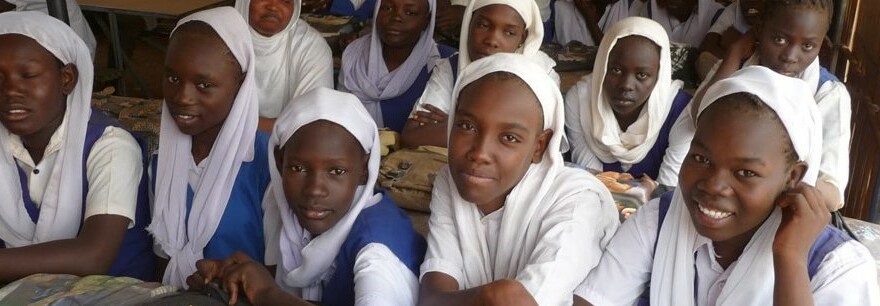The Ministry of Education in Blue Nile State has announced the reopening of schools at all educational levels, effective from Sunday, May 5. This decision, outlined in an administrative decree issued by the Director-General and bearing reference number 9 (1-M-A-1), encompassed all public schools across the region.
The directive, obtained by Radio Tamazuj, emphasized the adherence to directives from the Blue Nile state government and underscored the commitment to the welfare and educational prospects of students in the region. The decree called upon relevant authorities to ensure its implementation.
Minister of Education, Fawateh Al-Nur Al-Bashir, conveyed in a press statement that administrative measures have been taken to address current circumstances. These include securing alternative accommodations for displaced individuals currently sheltering in some schools, followed by their relocation.
Al-Nur highlighted the initiation of a partnership plan with humanitarian organizations to ensure suitable accommodations for displaced individuals.
She stressed, “There is a collective commitment to the continuity and support of the educational process, fostering a school environment that involves local communities and educational organizations.”
Abdul-Hafeez Ahmed Ibrahim, the Director-General of Education in Blue Nile Province, urged all teachers to resume classes on Sunday, marking the beginning of the academic year. He also encouraged local communities to support teachers and contribute to enhancing the school environment.
Civil activist Essam Qaisan commended the decision to reopen schools as a bold move that aligns with the pursuit of dignity. However, he emphasized the need to thoroughly assess the decision from social and timing perspectives.
Qaisan highlighted, “The primary concern is the housing shortage for displaced persons, as they currently occupy schools in 80% of Sudan’s states. Furthermore, with autumn approaching, there’s a risk of health crises.”
He explained that while opening schools presents challenges, it’s preferable to students being idle or neglected.
He concluded, “It’s crucial to address teachers’ salaries, incentives, and allowances to ensure they can fulfill their educational duties effectively. Many teachers, around 90% in the region, have also taken in displaced relatives from other Sudanese states, further burdening them.”




